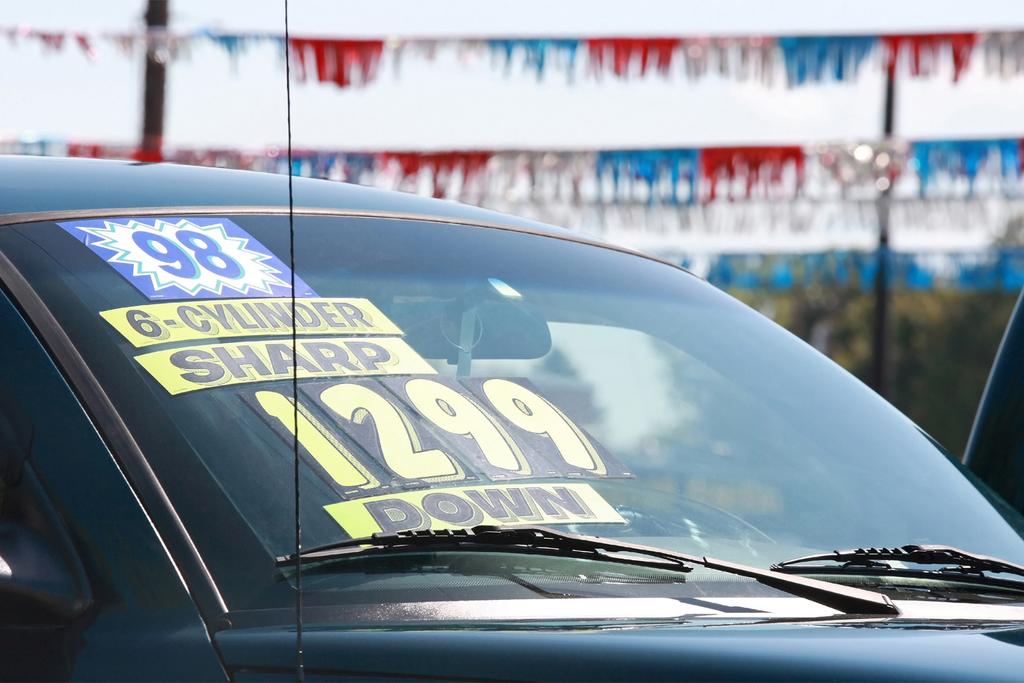
Are you considering buying a certified pre-owned car?
Sometimes the only way to get a fancy luxury or high-performance sports car is to wait a few years until the price has fallen to a more realistic level, rather than pay the full sticker price.
Before deciding on a certified pre-owned car, keep in mind the pros and cons of such a decision:
Pro: Factory-certified pre-owned means peace of mind; with the inspection, repairs and warranty, you've saved the time and money it would have taken to find and make them yourself.
Con: Though it will save you time, you could probably get those things yourself for less money. Plus, even when a car is certified there's no guarantee it will be trouble-free, so you should still pay the money to have your mechanic inspect it. If something is found, you should be able to get the dealer to make the repair.
Pro: As with any used car, you avoid the high, upfront 20-40 percent depreciation cost the original new-car buyer suffered in the first two to three years of ownership.
Con: Though you avoid new-car depreciation, you'll have to deal with the traditional used-car wear, tear and higher mileage that new-car buyers don't have to put up with.
If you decide that a certified pre-owned car is right for you, there are even more things to consider. There are different types of certified cars: ones that are certified by the factory and ones that are certified by the dealer. Understanding the differences can help you make your decision.
Factory-certified: Factory-certified cars typically represent your best deal. Factory-certified means the vehicle has been inspected, needed repairs have been made and the car has been backed by a factory warranty. A factory-backed warranty means that if you buy a pre-owned Chevrolet, you have the same coverage you would if you bought a new car because any Chevrolet dealer will make the covered repair.
Because the factory provides the warranty, it sends out reps on a periodic basis to ensure inspection and repairs have been made. The multipoint inspection should ensure that more details will be taken care of. For instance, if the brakes have less than 60 percent life left, they have to be replaced.
Other types of certification: A dealer-certified used car probably didn't get the multipoint inspection or the series of repairs that the factory-certified car did. Also, these cars won't have a warranty backed by the factory, so if you want a warranty you'll have to buy an extended one through the dealer or an insurance company.
Without the warranty that comes with a factory-certified car, you may choose to buy an extended warranty, which may require you to always return to the same dealer for service or repairs. That can be a problem if you're on vacation. Also, extended warranties often require deductible payments, not to mention exclusions for any repair considered normal wear and tear. Many also have exclusions for owner abuse — with the warranty outfit having authority to determine what constitutes wear, tear or abuse.
Without a factory-backed warranty, repairs may have been limited to things you can see on the outside, like a crinkled fender, but not inside, like an engine that's about to expire. On a car without factory backing, if the brakes have less than 60 percent life left, you better hope your extended warranty covers them.
No matter which kind of used car you buy, whether it's a certified one with a factory warranty or a non-factory-backed one that you purchase an extended warranty for, make sure you know what's covered. Get a copy of the warranty terms spelling out what is and isn't covered, what (if any) deductible you must pay, and who does the repairs.
Don't settle for a sales brochure stating the "powertrain" is covered. Get a detailed explanation of what the term "powertrain" includes. It can differ.
No comments:
Post a Comment